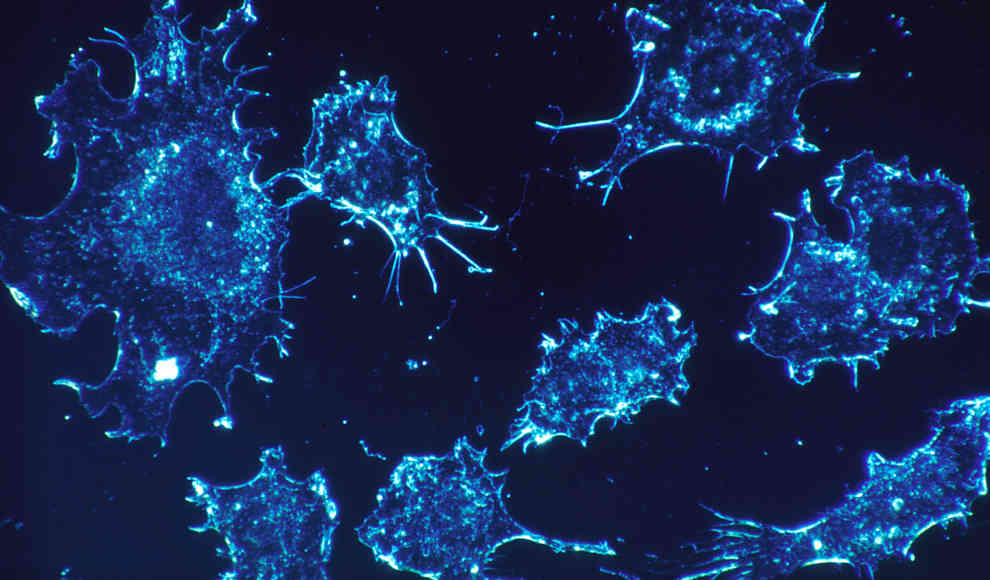Prostate cancer is the most common cancer among men, accounting for a quarter of all cases. In Germany alone, there were approximately 60,000 new cases in 2013. Treatment options include surgery, external radiation, brachytherapy, and chemotherapy. A large-scale study by the German Cancer Society and health insurance companies is currently comparing the effectiveness and side effects of these treatments. In many cases, a combination of surgery and radiation is used to kill any remaining cancer cells. However, researchers at the Royal Marsden NHS Foundation Trust in London have found that routine postoperative radiation therapy does not provide any health benefits and should only be used if the cancer returns.
The study analyzed health data from 1,396 prostate cancer patients in the UK, Denmark, Canada, and Ireland who were randomly divided into two groups. One group received immediate radiation therapy after surgery, while the other group was only observed and treated with radiation if cancer cells were detected. After five years, there was no significant difference in disease progression or patient survival rates between the two groups. The researchers concluded that radiation therapy is equally effective in both cases and that observation should be the standard procedure after prostatectomy. A subsequent meta-analysis of two similar studies by the University College London supported these findings.
This study suggests that routine postoperative radiation therapy for prostate cancer is unnecessary and can be avoided, sparing many men from the side effects of radiation without compromising treatment success. The remaining patients will be observed for another five years to detect any long-term effects of not receiving radiation therapy.










